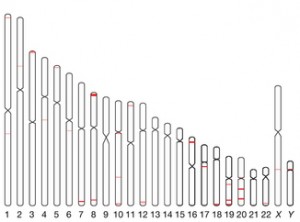The 2012 Nobel Prize in Medicine was awarded to Shinya Yamanaka and John Gurdon for the discovery that differentiated cells in the body can be reprogrammed. This finding led to the development of “induced pluripotent stem cells.â€
These cells were once skin or blood cells. Through a process of artificial reprogramming in the lab, scientists wipe these cells’ slates clean and return them to a state very similar to that of embryonic stem cells. But not exactly the same.
It has become clear that iPS cells can retain some memories of their previous state. This can make it easier to change an iPS cell that used to be a blood cell (for example) back into a blood cell, compared to turning it into another type of cell. The finding raised questions about iPS cells’ stability and whether http://www.troakley.com/ iPS cell generation – still a relatively new technique – would need some revamping for eventual clinical use.
It turns out that iPS cells and embryonic stem cells have differing patterns of methylation, a modification of DNA that can alter how genes behave even if the underlying DNA sequence remains the same. Some of these differences are the same in all iPS cells and some are unique for each batch of reprogrammed cells.
Geneticist Peng Jin and his colleagues have been studying hydroxymethylation, a variant on methylation. Having a hydroxymethyl modification can be a transition back to plain unmethylated DNA, but it is also thought to have its own unique functions, such as poising a silenced gene to be turned on again. This is what’s happening in cells that are being reprogrammed: the silent stem cell genes are being wrenched back on again.
Hydroxymethylation is critical for efficient reprogramming and its levels cheap oakley sunglasses increase during the process, Jin and his colleagues report in a new paper in Nature Cell Biology. The first author of the paper is graduate student Tao Wang — he is in the lab of genetics chair Steve Warren, who is a co-author.
The results are a hint that boosting the Tet enzymes that carry out hydroxymethylation can help enhance iPS cell generation. The authors also describe “specific aberrant reprogramming hotspots†in the genome that may be important in determining the differences between iPS cells and embryonic stem cells.


